

The powerful ‘Bani Fatima’ grouping of late UAE founding president Sheikh Zayed Bin Sultan Al-Nahyan’s six sons by his most prominent wife, Fatima Bint Mubarak Al-Kitbi, have concentrated increasing amounts of power and wealth into their branch of the Al-Nahyan family.
This process has accelerated since Mohammed Bin Zayed (MBZ) succeeded as ruler of Abu Dhabi and president of the UAE.
GSN has profiled all the ‘Bani Fatima’ brothers – MBZ, sheikhs Hamdan (ruler’s representative in Al-Dhafra region), Hazza (Abu Dhabi deputy ruler), Tahnoun (national security advisor and Abu Dhabi deputy ruler), Mansour (vice president, deputy prime minister and Presidential Court chairman) and Abdullah (foreign minister) – and closely follows their relationships and business interests.
Take a look at our ‘Bani Fatima’ influence chart and wider Al-Nahyan family influence chart and browse our coverage below.
Issue 1186 - 14 April 2024

Issue 1186 - 11 April 2024

Issue 1186 - 25 March 2024

Issue 1182 - 08 December 2023
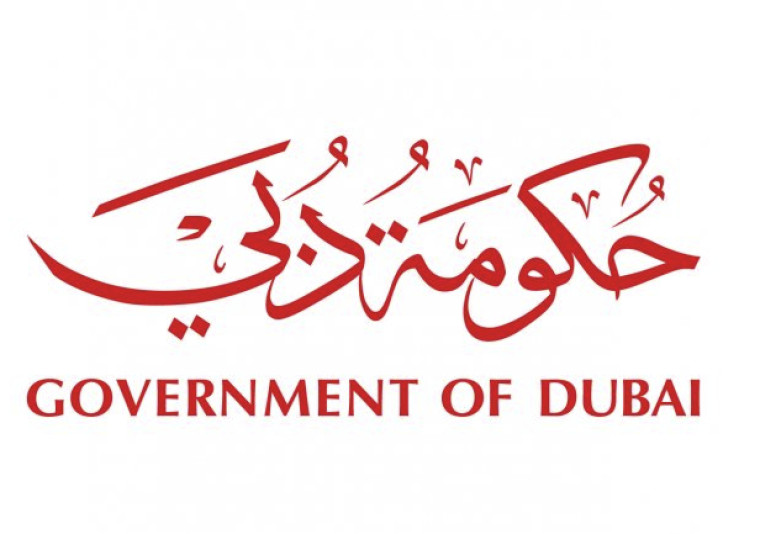
Issue 1167 - 21 April 2023
UAE national security advisor Sheikh Tahnoun Bin Zayed Al-Nahyan (TBZ) has become the commercial leviathan of the UAE, with extensive business interests that make him a quietly dominant figure on the Abu Dhabi Securities Exchange (ADX).
Tahnoun’s $1trn-plus investment empire, mixing private and public funds, is in full expansion mode. Investments by his main vehicle, Royal Group Holding, and its numerous offshoots cover a broad range of sectors. One recent focus has been artificial intelligence (AI), a sector with clear national security implications.
GSN has been following a rapid process of restructuring and reorganisation of this empire and the identities of those individuals who work most closely with him, including his powerful Bani Fatima brothers.
GSN's coverage includes a series of organisation charts – covering Royal Group Holding, Group 42, Q Holdings, Chimera Investments and 2PointZero – to help explain the links between these business interests.
Issue 1187 - 19 April 2024

Issue 1187 - 19 April 2024
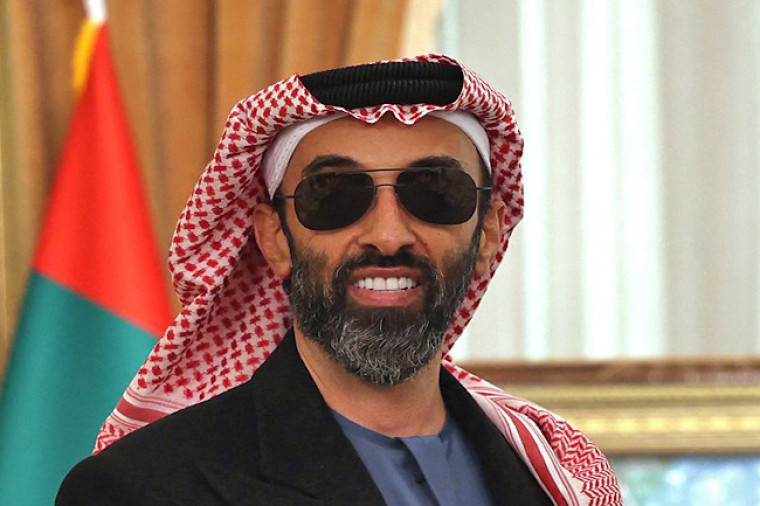
Issue 1186 - 14 April 2024

Issue 1186 - 25 March 2024

Issue 1186 - 21 March 2024
The Kuwaiti government, led and appointed by the country's ruling family, is often at odds with the country’s elected parliament, the National Assembly. Tensions and disagreements – over issues ranging from government debt to corruption – have at times forced ministerial resignations, cabinet reshuffles and the dissolution of the legislature itself.
The differences have also stymied much-needed economic reforms. While some senior royals are keen to defuse tensions, there is no clear path to resolving the rivalry between the government and MPs.
Issue 1186 - 11 April 2024
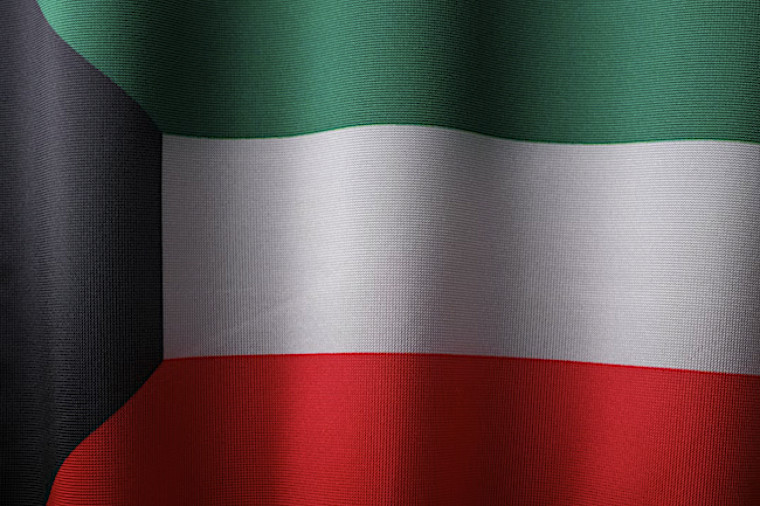
Issue 1186 - 09 April 2024
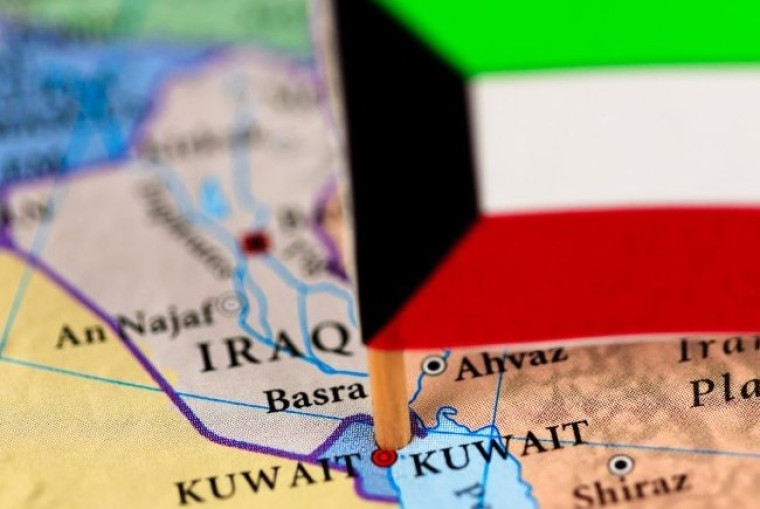
Issue 1186 - 27 March 2024

Issue 1185 - 10 March 2024

Issue 1185 - 21 February 2024
Saudi Arabia’s de facto ruler Mohammed Bin Salman (MBS) has embarked on a series of ambitious reforms to reshape the kingdom’s economy, society and international reputation. He has also overseen a push to get more international corporates to set up bases in the kingdom and has been the driving force behind giga-projects and the Public Investment Fund's investment spree.
However, critics point to unrealistically-high ambitions and zero tolerance of public dissent.
GSN has examined how King Salman Bin Abdelaziz’s years on the throne have seen MBS take an iron grip on the kingdom and concentrated power in King Salman’s immediate family – GSN's coverage includes a Bin Salman family tree and influence chart with links to profiles of MBS and other key members of the family.
Issue 1186 - 12 April 2024

Issue 1185 - 06 March 2024

Issue 1180 - 09 November 2023
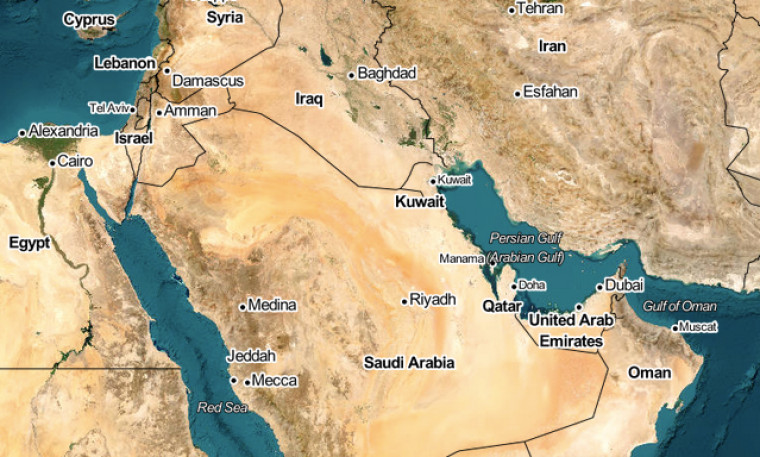
Issue 1179 - 26 October 2023
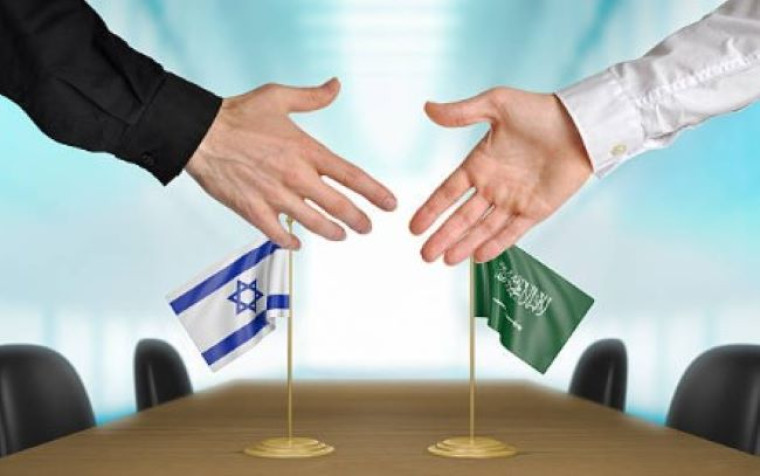
Issue 1177 - 29 September 2023